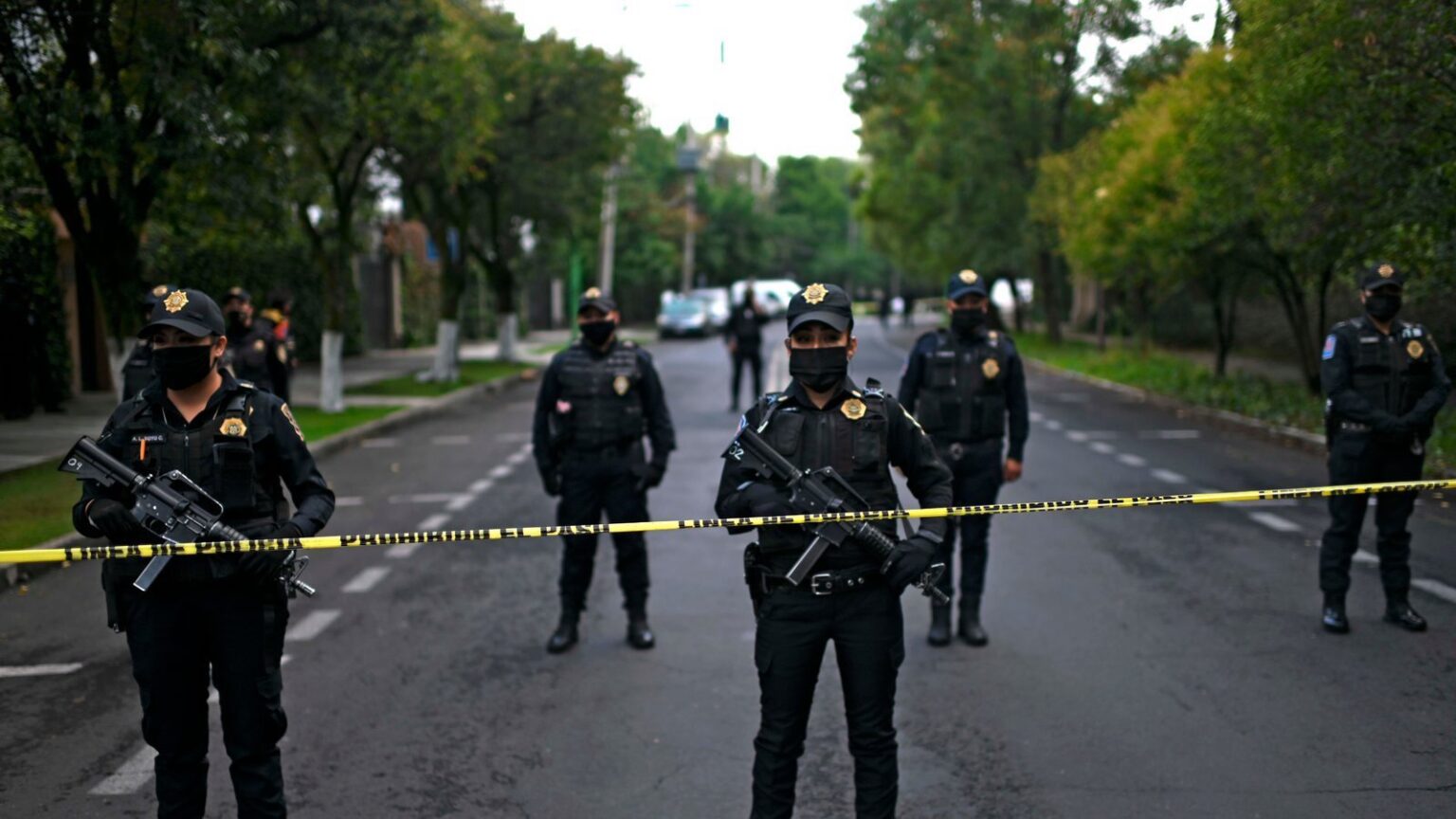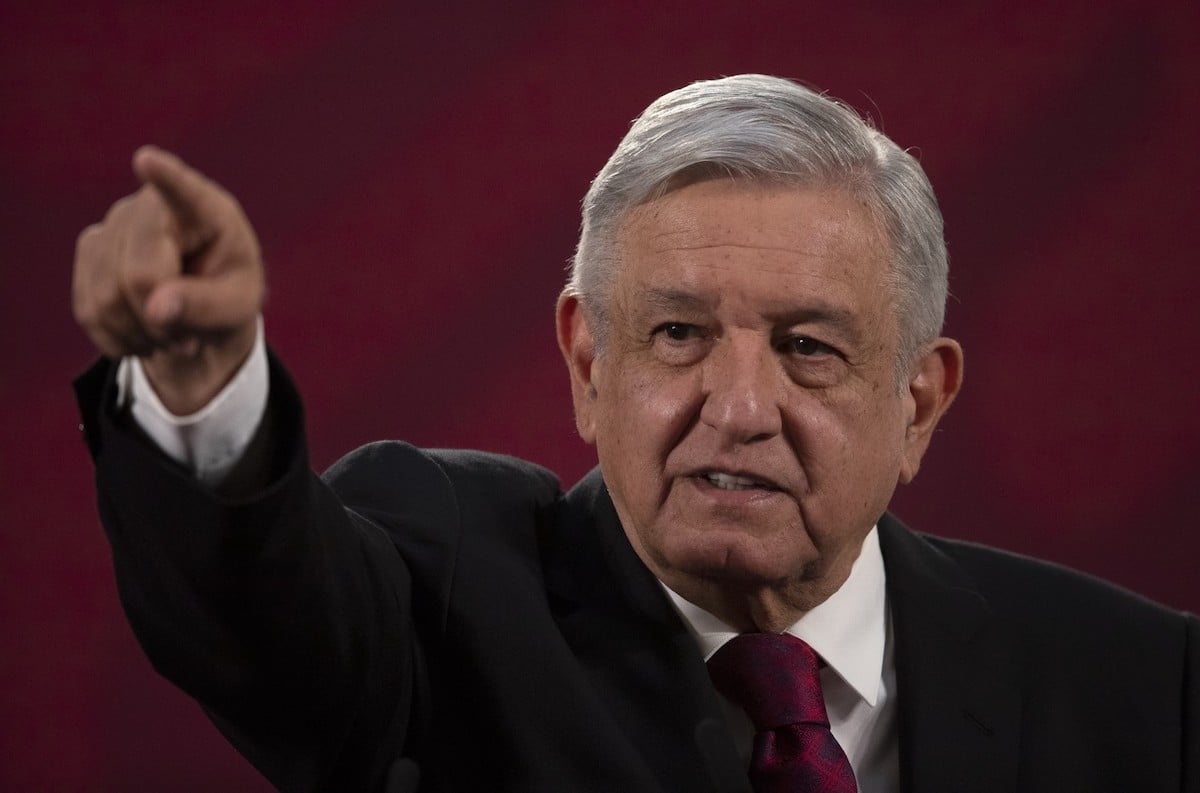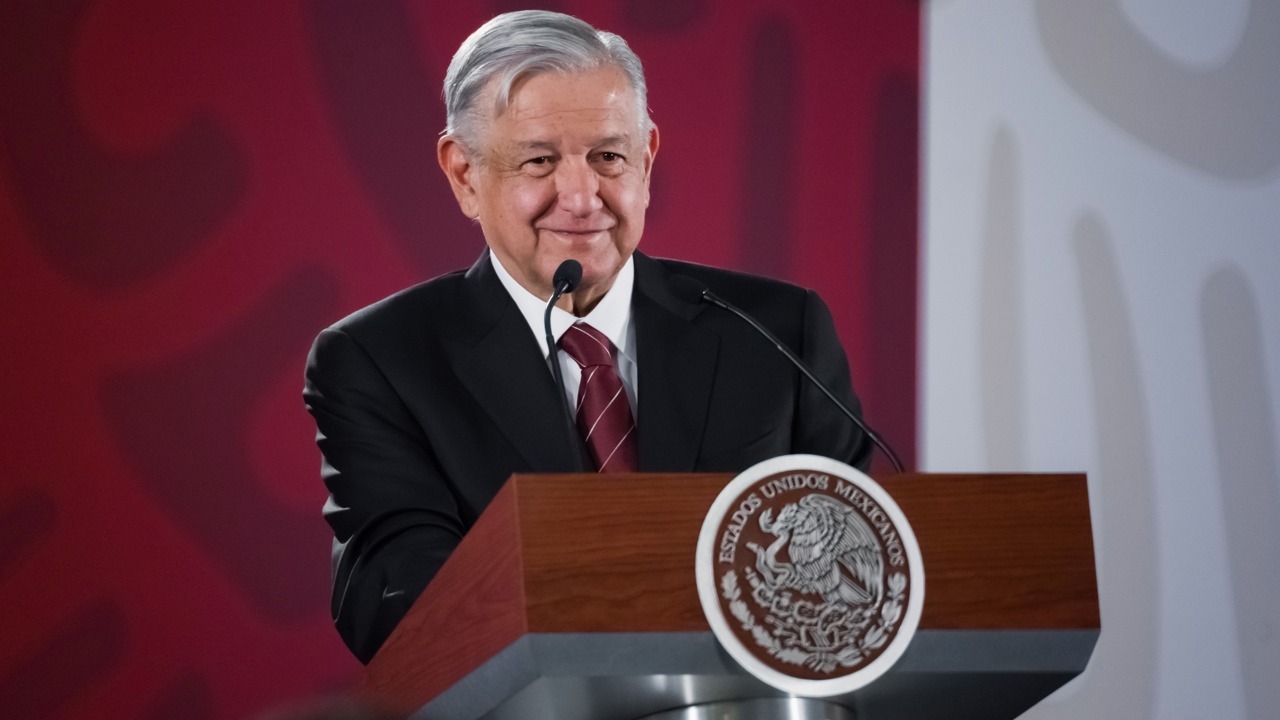
Is the Mexican government protecting cartels? What to know
A new law was passed in Mexico this week that will have a great impact on U.S. law enforcement. The law will effectively remove immunity from all agents working in the country, meaning Mexico can now freely prosecute U.S. agents if Mexico believes they broke the law.
Why was this law passed and what does this mean going forward? More importantly, why now? Let’s take a look.

The law
According to President Andrés Manuel López Obrador, the new law will eradicate “acts of foreign interference in national affairs that may affect the Mexican state,” which will subsequently allow Mexican authorities to prosecute foreign agents freely.
The law will also ask all foreign agents, including those investigating drug cartels, to give over any & all information to Mexican officials.

What are officials saying about the law?
Per VICE News, López admitted: “It’s kind of a big f*ck you to the U.S. It kind of serves as a warning, if you will.” However, he also explained carrying out the law isn’t a total guarantee, confessing: “it would cause a lot of diplomatic conflict to actually enforce it. You would also expect the American government to reduce the profile of its agents and the number of meetings.”

Why now?
This law has ultimately been years in the making. It started with a years-long DEA investigation resulting in the arrest of Mexico’s former Defense Secretary, General Salvador Cienguegos Zepeda, on four counts of drug conspiracy & money laundering in October. After the arrest, Mexican officials threatened to kick U.S. officials out of the country entirely, which led to federal prosecutors ultimately dropping the case.
U.S. Attorney General William Barr dropped the shocking news in a statement shortly after Cienguegos’s arrest, explaining: “The decision to seek dismissal of the U.S. criminal charges against former Secretary Cienfuegos, so that he may be investigated and, if appropriate, charged under Mexican law.”

Following Cienfuegos’s controversial return to Mexico, his Mexican representatives maintained his innocence. Cienfuegos’s main attorney, Edward Sapone, told VICE World News Cienfuegos is “a man who has done so much good for his government and his community”.
Before his official release, Sapone also stated that “The General has very strongly relied on the presumption of his innocence from the moment he was accused. Tomorrow will be a monumental day for justice in America. Tomorrow justice will prevail.” Since then, Mexican-U.S. relations have been fraught, to say the least.

Future risks.
Many argue there’s always been tension between the U.S. & Mexico when it comes to law enforcement. One former DEA recounted his experience with sharing information with Mexican officials in the past.
“Things get filtered through the government,” the agent explained. “It goes through quote unquote ‘proper channels,’ it gets disseminated and you get your answers. That’s how it gets sold. In practice, what we run into is the more people who touch information, the less control you have over finding leaks.”
Some also posit this new law could pose risks for foreign agents as well as their sources. Ximena Medellin, an expert in law studies, elaborated on that point: “The law might be symbolic, but the problem is you never know. Mexican officials might decide something is bothering them or not convenient to them and start a criminal prosecution against them.”

Indeed, the legislation explains that “When Mexican authorities determine a foreign agent fails to comply with the general and specific provisions [of the law, the agent] will be subject to the sanctions applicable under Mexican law.”
Mexican Congresswoman Rocío Barrera corroborated that statement, explaining that “If [U.S. agents] commit crimes they will be subject to the Mexican justice system, nor would they enjoy any immunity if they enter our country without being accredited by the Ministry of Foreign Relations.”



